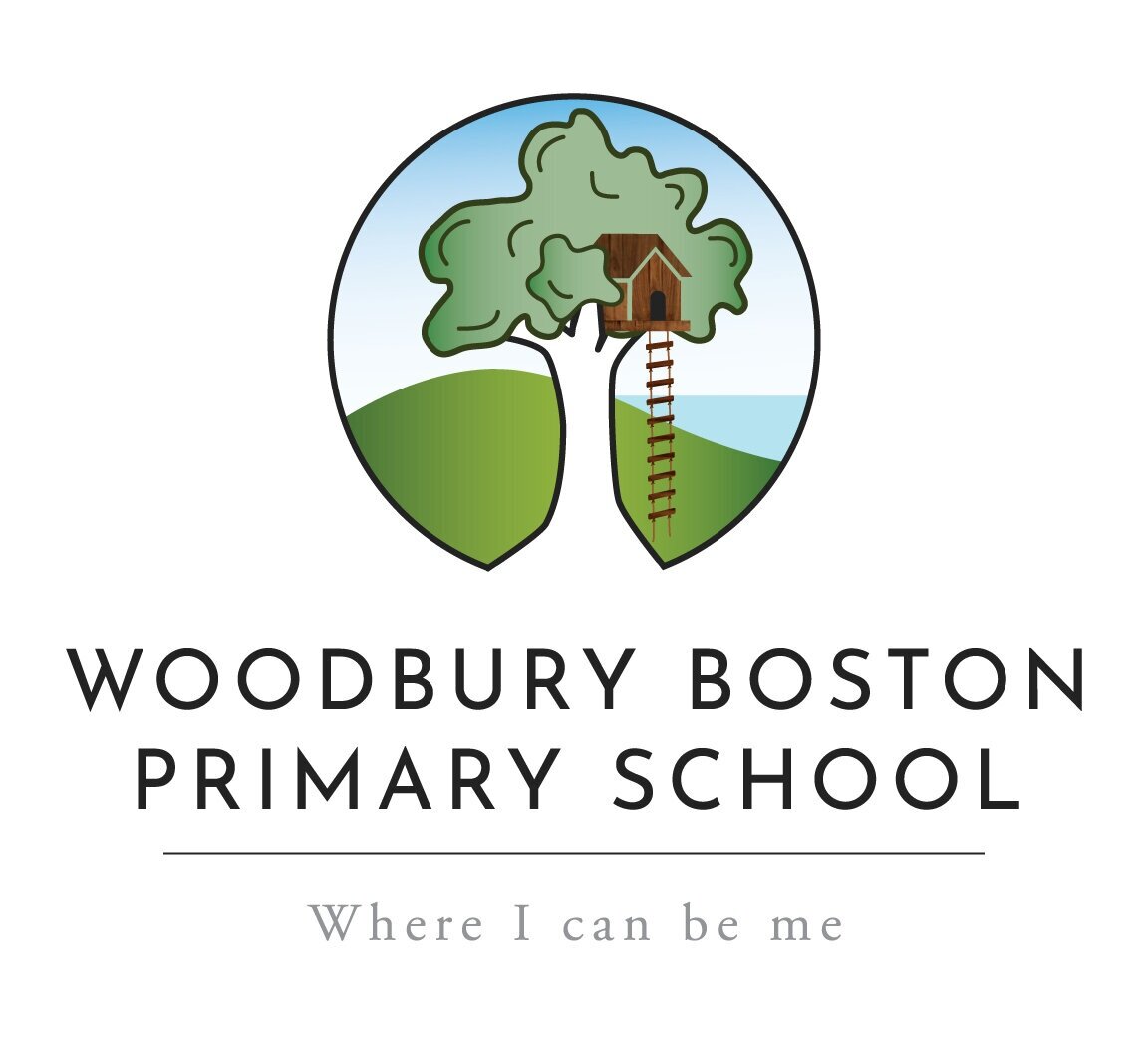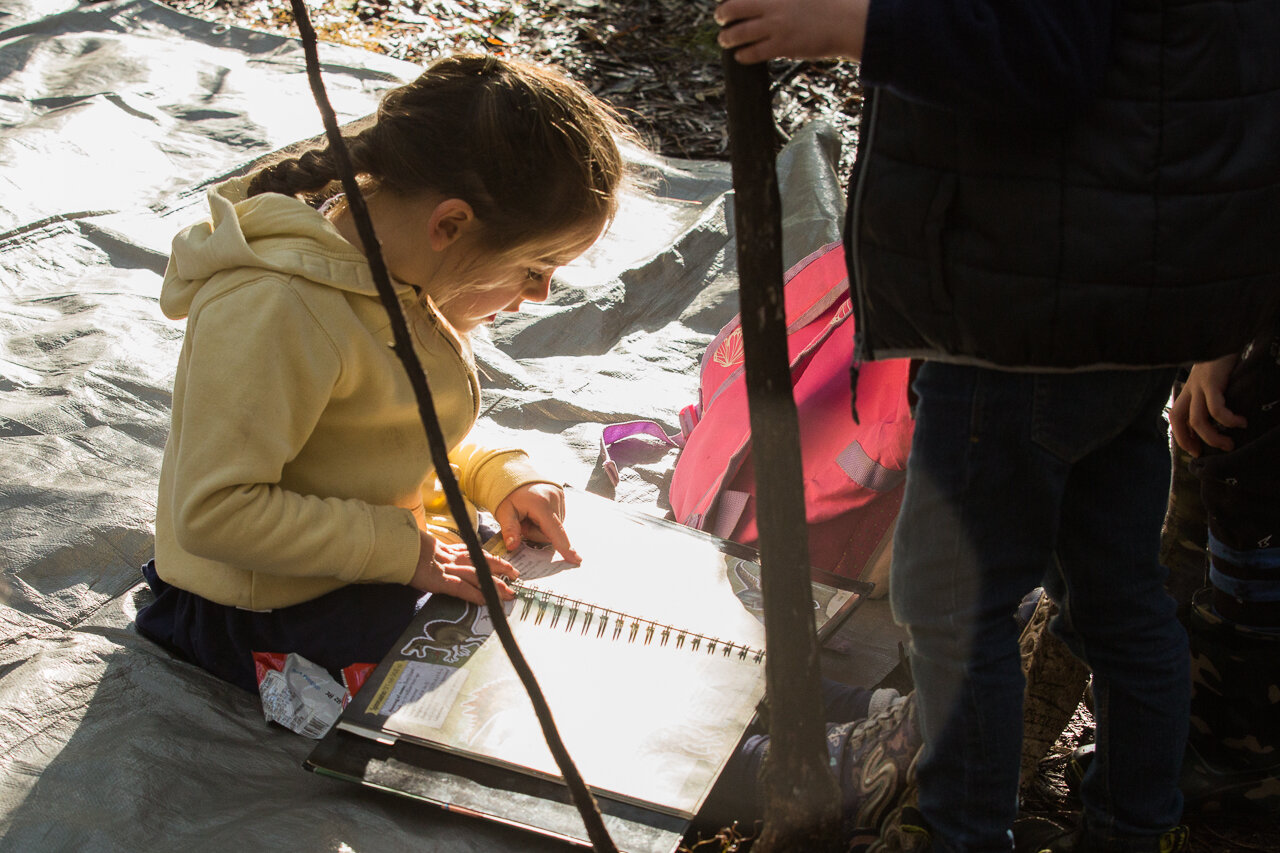IBL Part 1: 4 steps to inquiry-based learning
At Woodbury Boston, using the students’ interests to inform our lesson planning is part of every single day. It makes sense: our students have varied interests, so why not tap into them? They get excited about learning, and kids of all ages love when they have a say in what happens in the classroom.
That’s where inquiry-based learning comes in. It’s a bit of a buzzword in education these days, but it’s just the way we’ve always done things at our school. Let’s take a closer look.
What is inquiry-based learning?
Inquiry-based learning is about asking questions. And a great way to get students to ask questions is to cover a topic that they’re interested in. Instead of standing at the front of the classroom and delivering information to the students, inquiry-based learning identifies a problem or topic and invites the students to work together to find an answer.
There are several steps involved in this. In the beginning our classroom adults model enthusiasm and a sense of wonder by actively encouraging the students to ask questions, make suggestions, and share experiences. This openness to students is deeply embedded in the culture of our school and we work hard each day to nurture it.
Four steps of inquiry based learning
Once learning groups have identified something that they’re really interested in researching, there are four important steps.
Questioning
This comes naturally when students are interested in a topic. As a whole class or in small groups, they come up with a list of questions that they’re keen to answer. This helps to promote interest, so instead of researching climate change, for example, they’ll end up laser-focused on something that matters to them, like how can kids help stop climate change?
Researching
When it comes to research, it’s all about modelling by adults. The internet is not a place that kids should have unmitigated access to, and they need guidance to develop the skills to choose reliable sources.
That’s why most of our student research happens inside the classroom — our students are supported at this stage of the process so that they don’t get overwhelmed by the sheer amount of information that is available to them. The school adults help by suggesting search terms, keywords and age-appropriate online resources, so that our students will find the right information to answer their most pressing questions.
Presenting
Because our students are able to research topics that they’re interested in, they are often quite keen to share the results! This is an opportunity to use ICT — our students create videos and interactive presentations to tell their friends all that they’ve learnt. Posters, oral presentations, interviews and pieces of writing are other great ways to demonstrate understanding.
Reflection
Reflection is an important part of inquiry-based learning. We encourage students to think about the process of learning and observe what worked for them. This allows our students to understand their learning styles and advocate for themselves during the next project.
For example, a student might identify that mindmaps help them to organise ideas, while another might prefer lists and some students love taking notes while watching a video clip.This process of thinking about how they learn is invaluable for our students — they become acutely aware that everyone learns differently and that it’s totally OK!
In practice
Wondering how this looks in practice? Check out our new post: Inquiry based learning in action.
Recommended Reading
-
2023
- Jul 31, 2023 Benefits of STEAM in a nature-based learning environment Jul 31, 2023
- Jul 31, 2023 STEAM on campus: a student-designed outdoor classroom Jul 31, 2023
-
2022
- Sep 21, 2022 Here’s how we personalise your child's learning Sep 21, 2022
- Aug 8, 2022 What puppeteering taught the Koomals about Design Thinking Aug 8, 2022
- Jul 21, 2022 Dirty feet: here’s what our students learn in the bush Jul 21, 2022
- Jun 16, 2022 Notes from Nick: our Principal shares his experience Jun 16, 2022
- Jun 6, 2022 The Importance of Play Jun 6, 2022
- May 18, 2022 Meet Val May 18, 2022
- May 18, 2022 Peer Support: fostering student leadership May 18, 2022
- Feb 10, 2022 The Woodbury Boston difference: what does it mean to educate the Whole Child? Feb 10, 2022
- Feb 10, 2022 The 5 educational models that make up our teaching style Feb 10, 2022
-
2021
- Dec 13, 2021 In-school Orientation Day Dec 13, 2021
- Nov 4, 2021 Meet Nick: Philosopher and veteran educator Nov 4, 2021
- Oct 16, 2021 Celebrating 40 (+ 1) years of Woodbury Boston Oct 16, 2021
- Aug 6, 2021 Playgroup at Woodbury Boston welcomes parents and bubs Aug 6, 2021
- Jul 9, 2021 What a wonderful learning experience Jul 9, 2021
- Jun 23, 2021 Meet Whitney: rock star and memory keeper Jun 23, 2021
- May 30, 2021 Out and About May 30, 2021
- May 18, 2021 Here’s what our students learn during our whole-school concert May 18, 2021
- Mar 24, 2021 Parliament: Empowering students to use their voices Mar 24, 2021
- Feb 4, 2021 Wondering what we learn in kindergarten? Feb 4, 2021
- Feb 4, 2021 4 ways to prepare your child for school Feb 4, 2021
-
2020
- Nov 19, 2020 Out & About: learning in the real world Nov 19, 2020
- Nov 16, 2020 Here’s how to get involved at Woodbury Boston Nov 16, 2020
- Oct 29, 2020 IBL Part 2: Inquiry-based learning in action Oct 29, 2020
- Oct 29, 2020 IBL Part 1: 4 steps to inquiry-based learning Oct 29, 2020
- Sep 12, 2020 Meet Byron — teacher and adventurer Sep 12, 2020
- Sep 10, 2020 Camps and adventure at Woodbury Boston Sep 10, 2020
- Aug 6, 2020 Beyond early childhood: Nature based learning from K-6 Aug 6, 2020
- Jul 29, 2020 Brains and bellies: The importance of a nourishing lunch Jul 29, 2020
- Jul 29, 2020 Here's how to choose the best school for your child Jul 29, 2020
- Jul 28, 2020 Dirty feet: 4 ways bushwalks make our students smile Jul 28, 2020
Woodbury Boston Primary School is a progressive independent school nestled in the bush between Denmark and Albany WA. We know that children learn best when they’re happy and having fun. With a strong focus on community, respect, independence and nature-based teaching, our students learn the Western Australian Curriculum and so much more. For more information or to book a personal tour, please ring 9845 1185.





